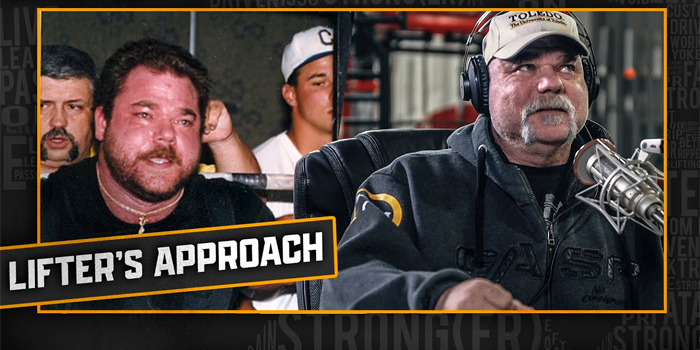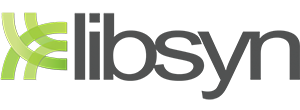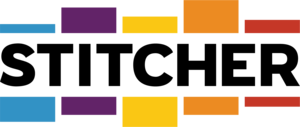

Dave Tate has been in the powerlifting game, in some form, for 40 years. 40 years is a long time to remain focused on one thing. When asked, “What is missing from younger lifter’s approach to training?” he has several decades of information to pull from to tease out any sort of trend. Certain things have fluctuated up and down in popularity, so to name one style of training over another would stop being true if you just wait a couple of years. But in every industry, we have seen an increase in ease of access to information. While Dave used to walk to the bookstore to pick up his monthly copy of PowerliftingUSA and blast through it in a day, now you can type “powerlifting” into Google and get 43 million results in less than a second. The farther you go back, the more you were automatically put into one box of training concepts.
With only a hammer, everything looks like a nail. You could learn the ins and outs of a particular training style but would wait for the trends to swing into another direction to learn anything new. Barring taking a trip to a new coach and gym, you were locked into what was available around you. Given all of this, Dave isn’t against being able to flip through a different article post every day of opposing viewpoints on a whim, but you need to impose your own commitment. Jumping from program to program, and quitting when times get tough does nothing to further your knowledge. Sure you’ve probed a little bit of everything, but you haven’t picked up enough practical training knowledge and experience to guide yourself. You’ll need to decide to commit to a deep dive of learning to actually gain mastery over the technicalities.
So is that the only thing that is different amongst newer lifters? It’s an indicator of a broader theme of personal accountability.
Personal accountability in powerlifting used to be when you wanted to be a better lifter. You would find a way to learn more about training, either programming in general or how you respond to it. Nowadays, when you think you’ve hit a wall, you find a new program or hire a coach (or a new coach). Blame can be more easily shifted towards another entity, either the program or coach was bad.
Coaches are not inherently bad. Dave understands the idea of wanting to not have to worry about the intricacies of your program and just being able to lift weights and get stronger, but this may be suboptimal. The more you want to achieve, the more you will need to learn about yourself and your training. You’ll rely more on autoregulation, and if your coach isn’t helping you to learn more about how to train, this autoregulation will be reliant on them, therefore imperfect.
There are pros and cons to the changes we’ve seen over time, but the key is always to keep learning and remain focused.
Text By Mason Nowak













